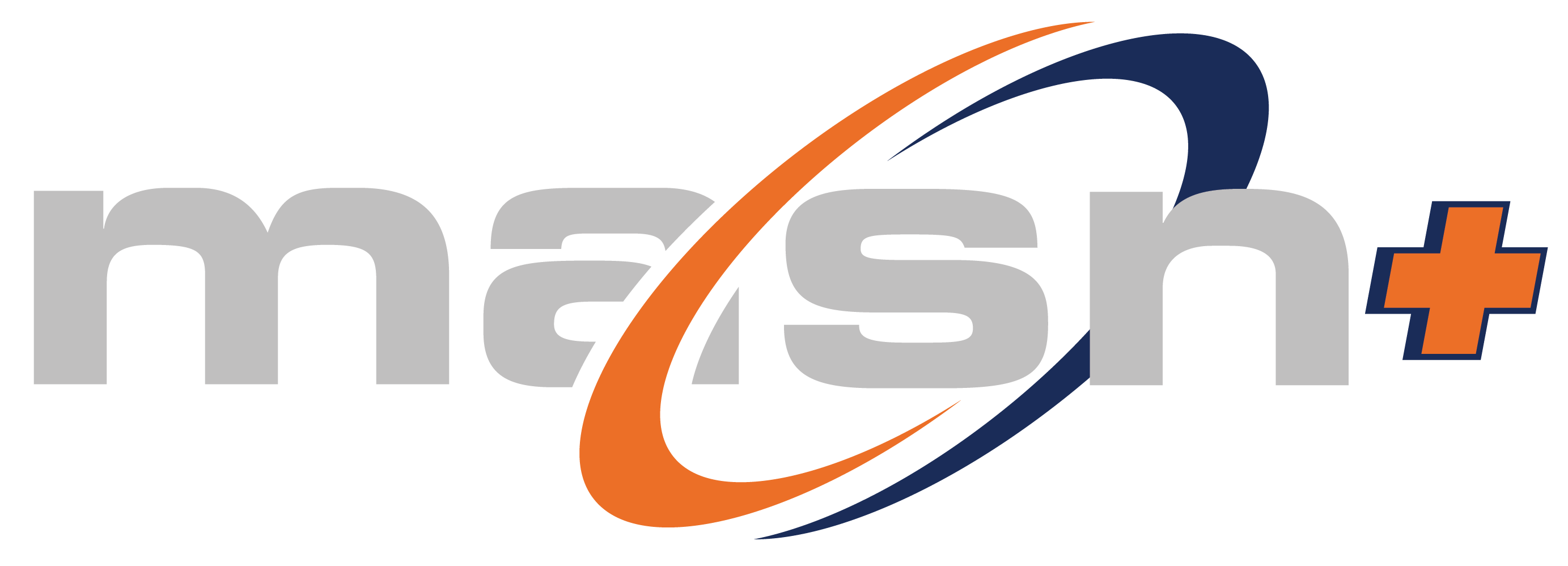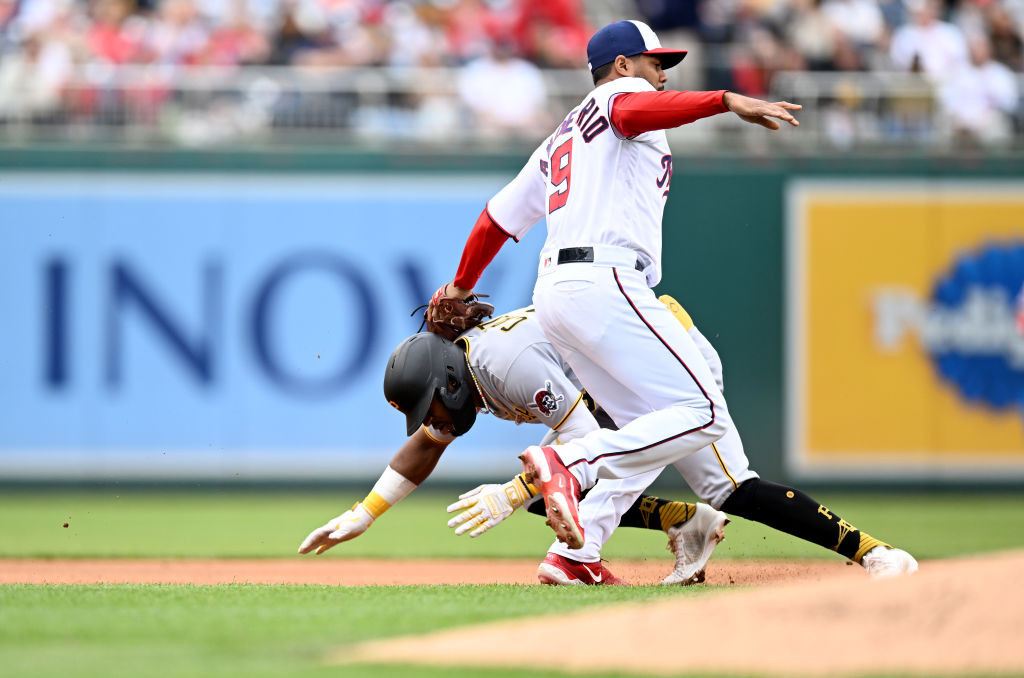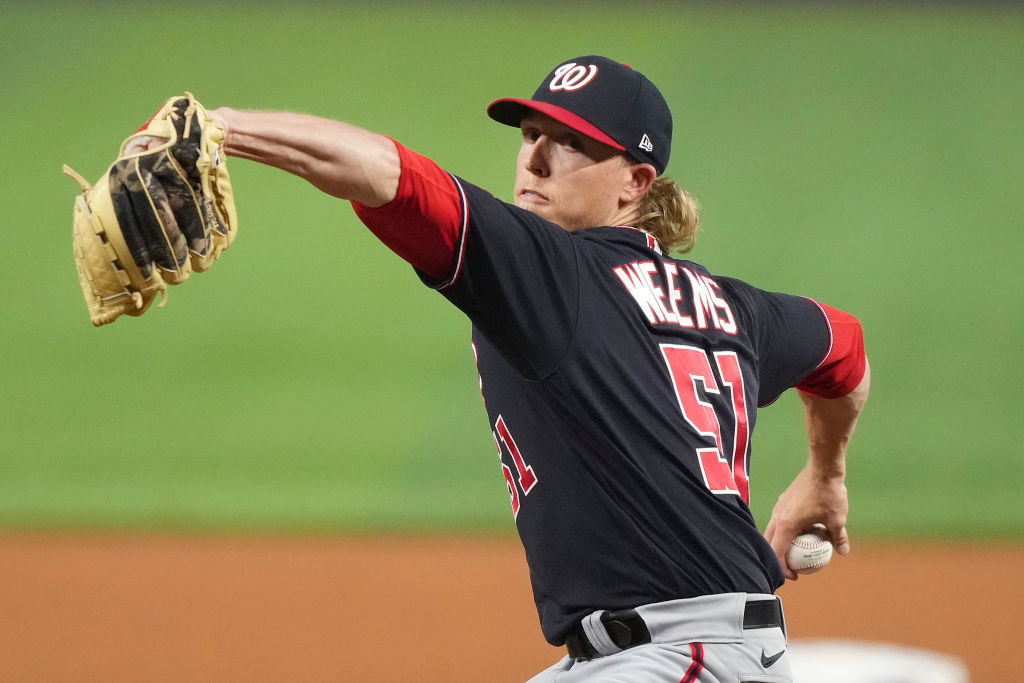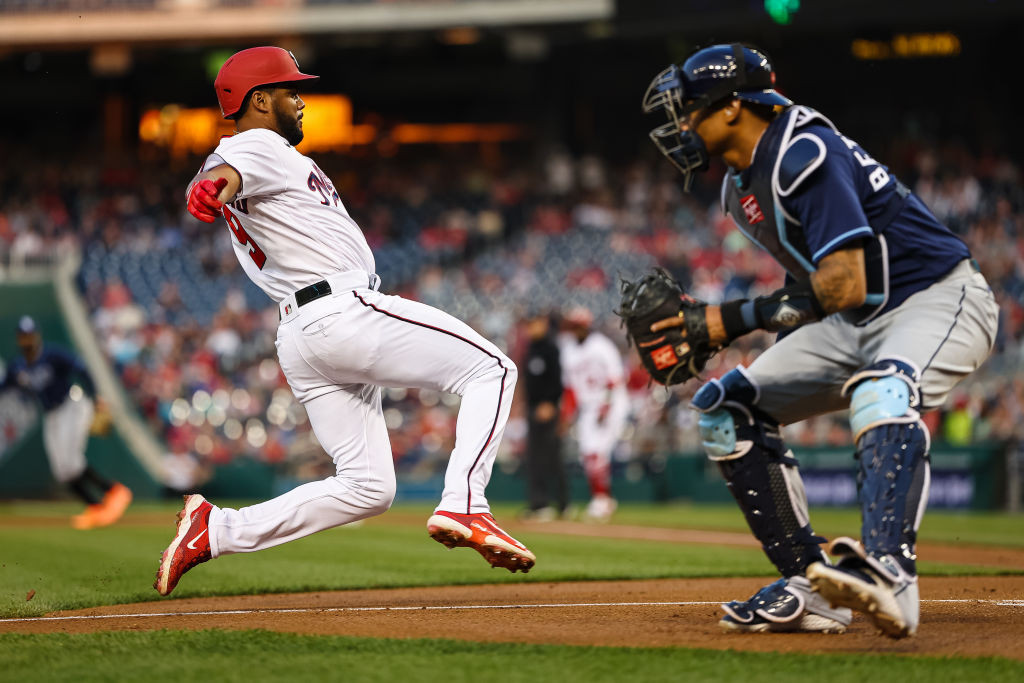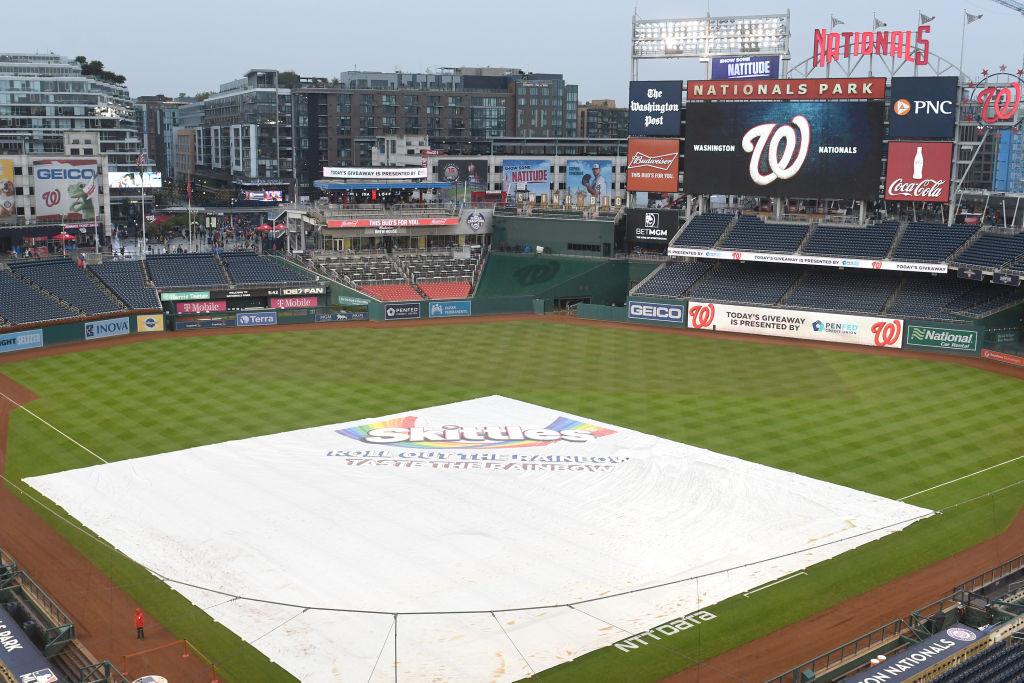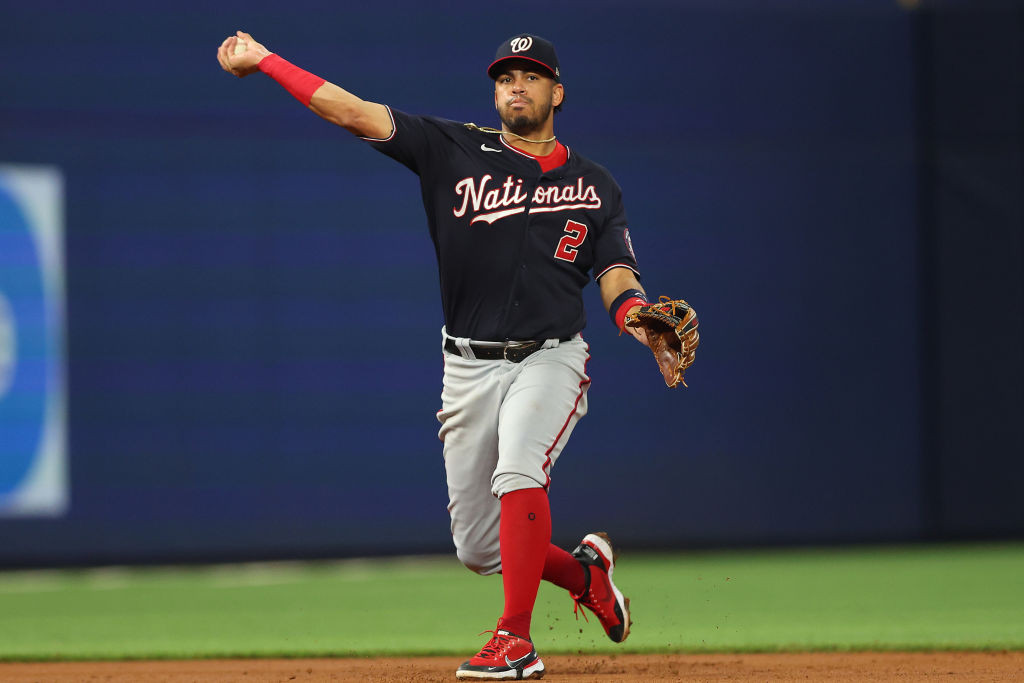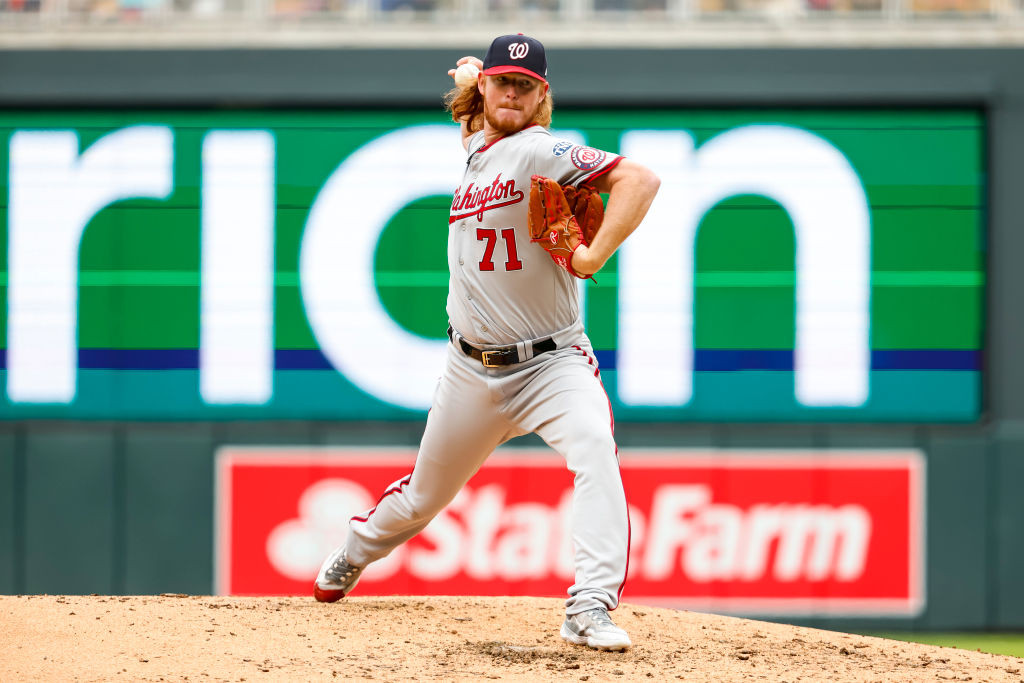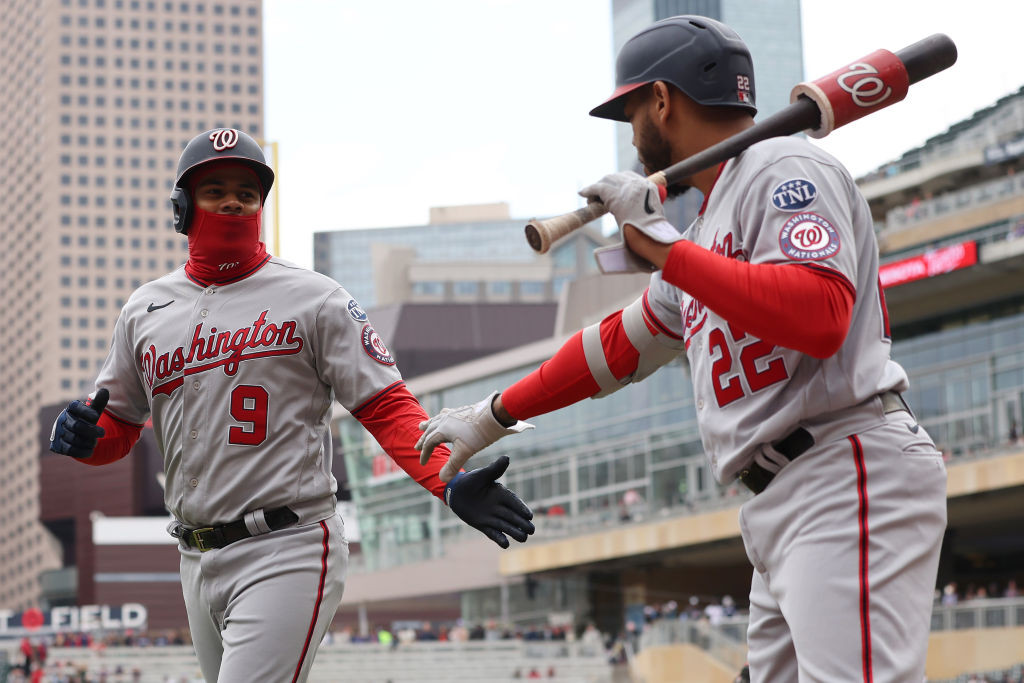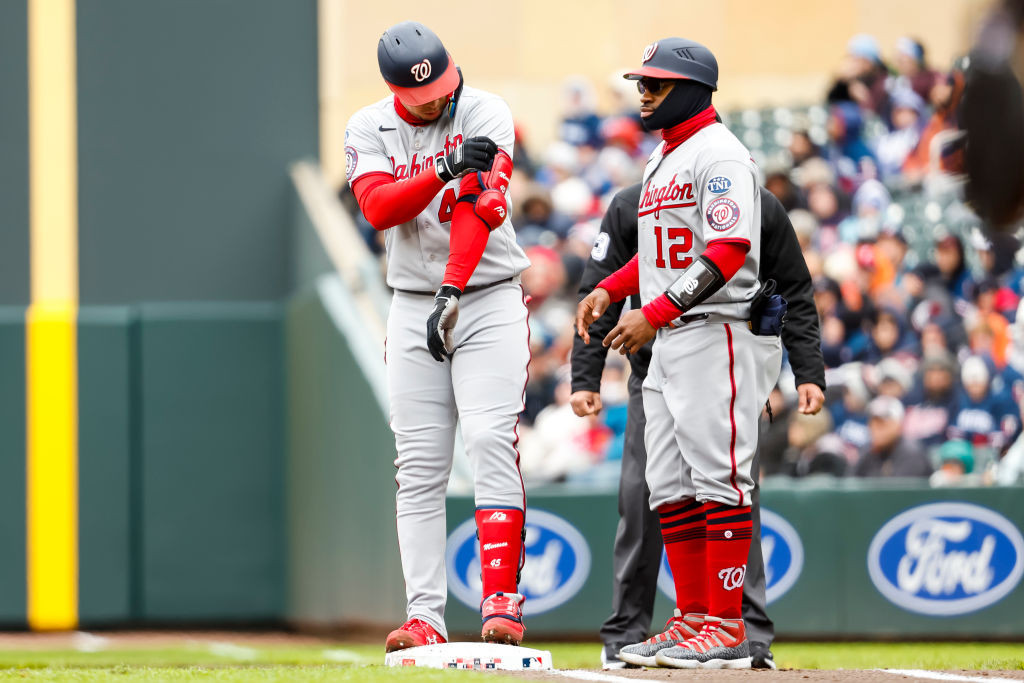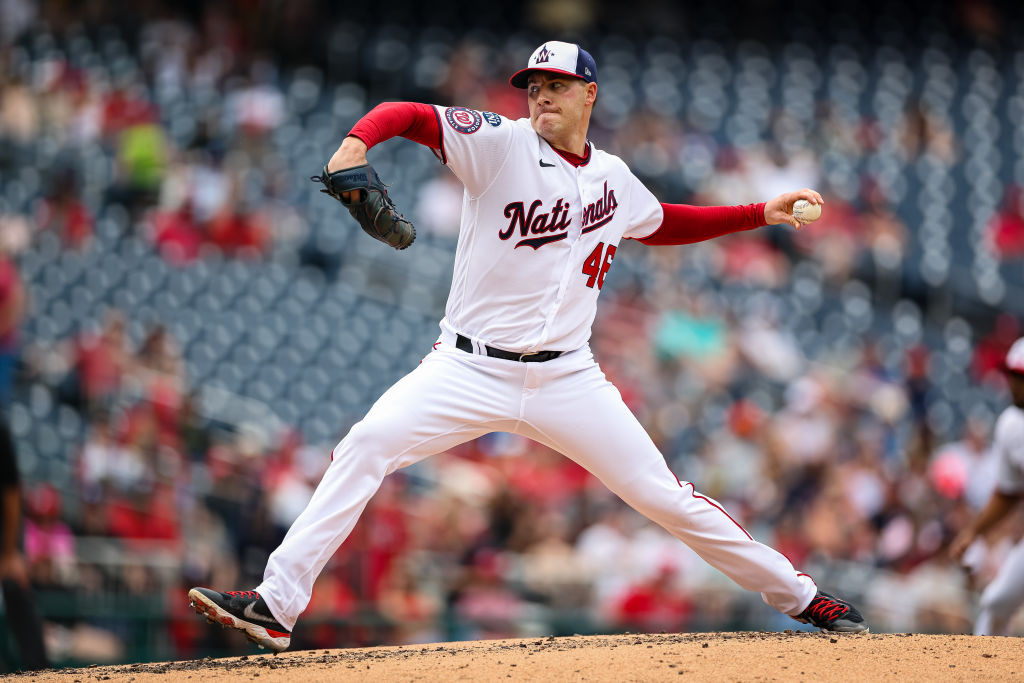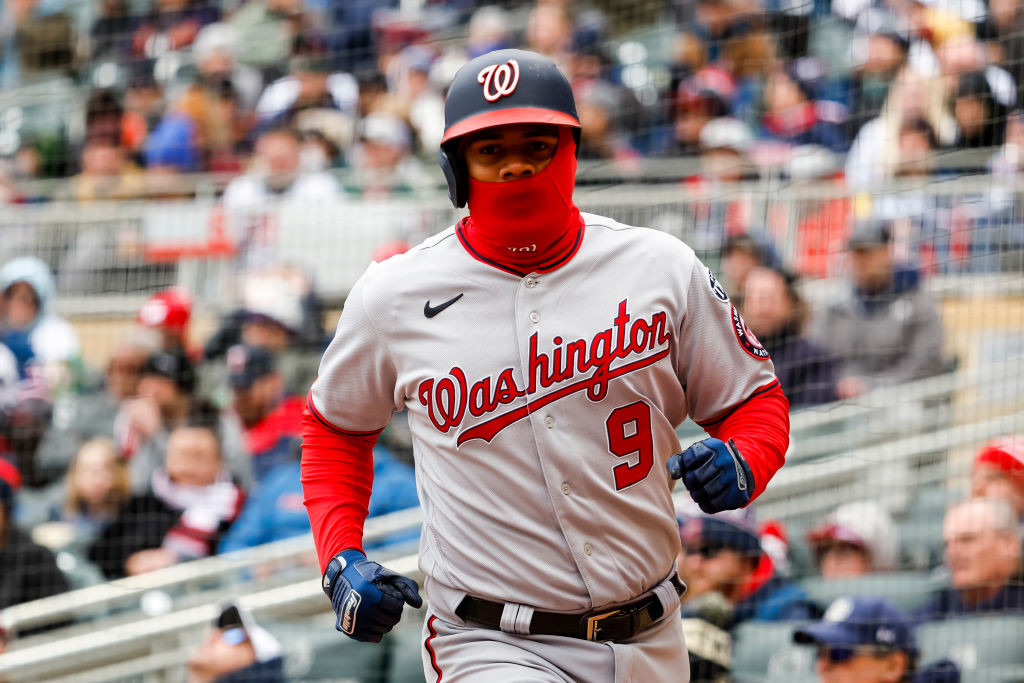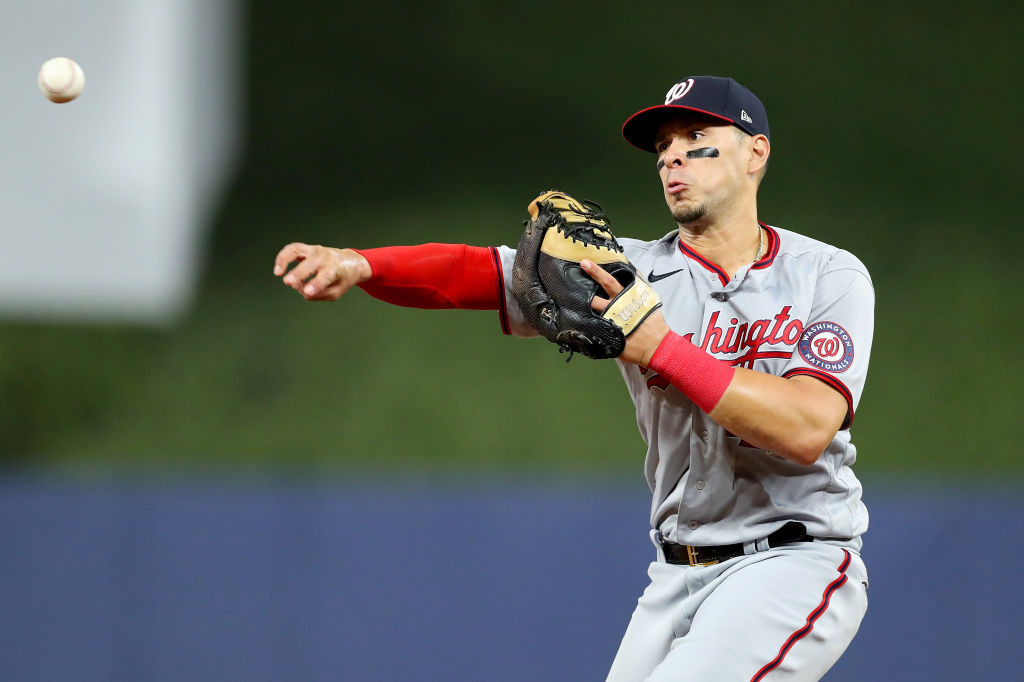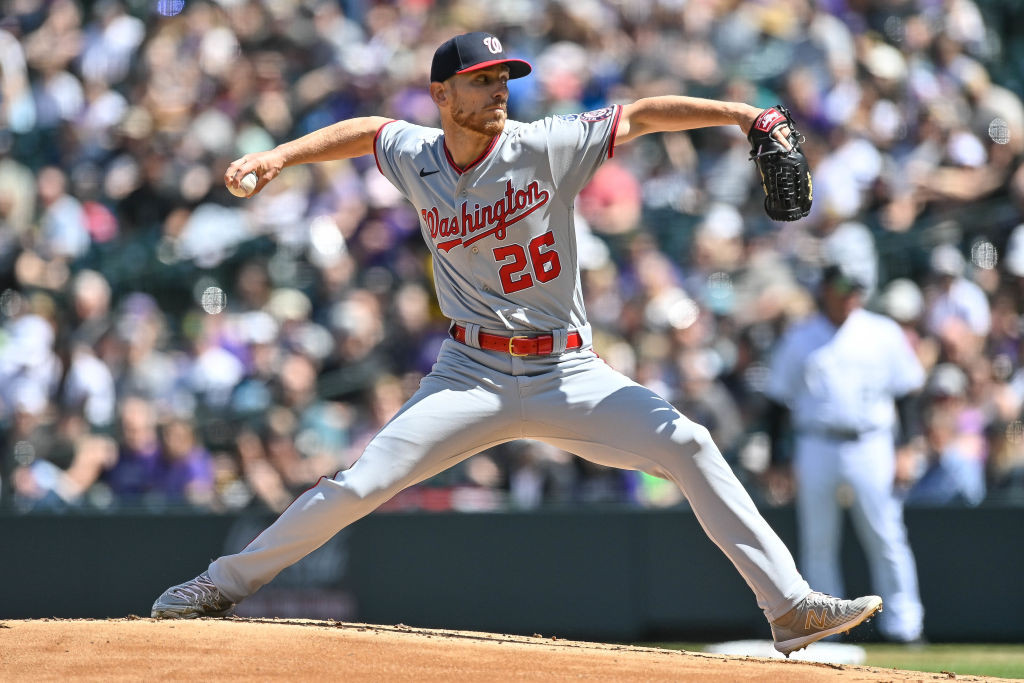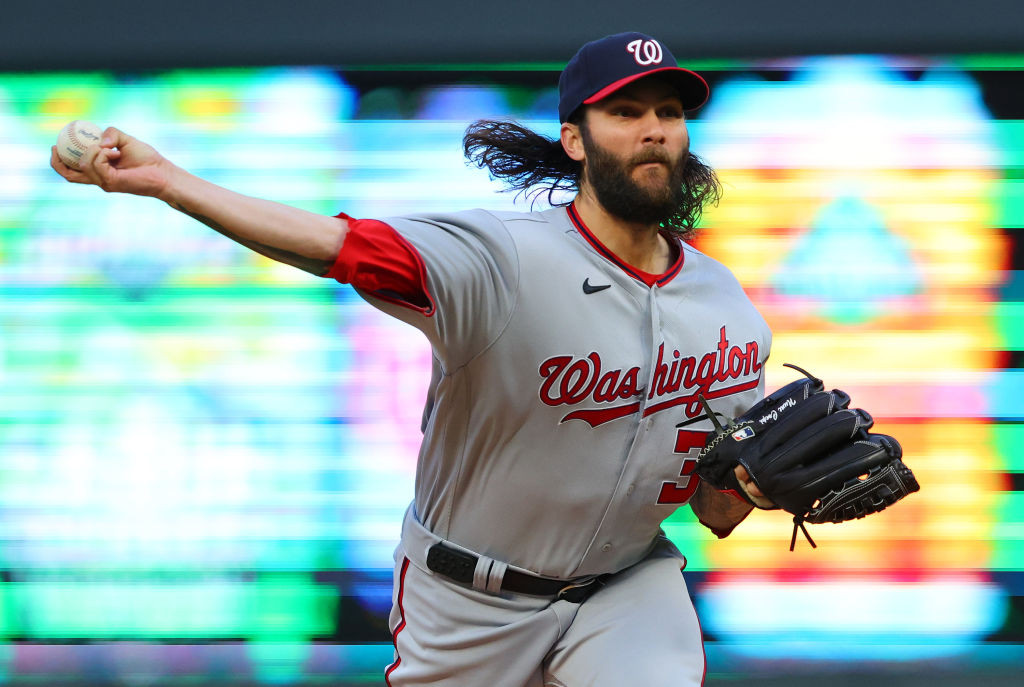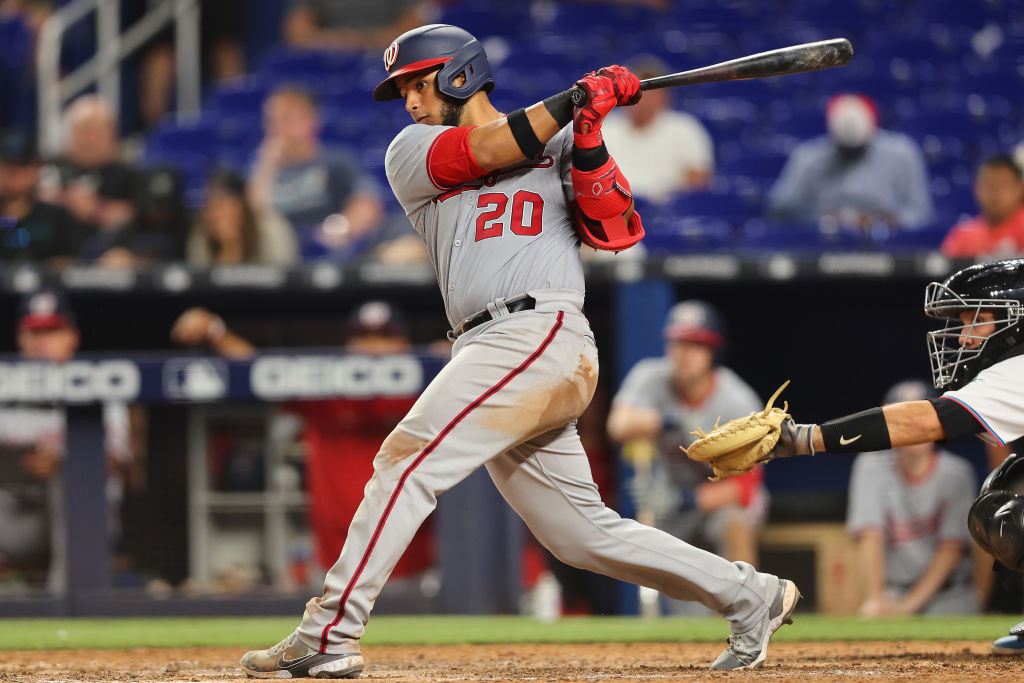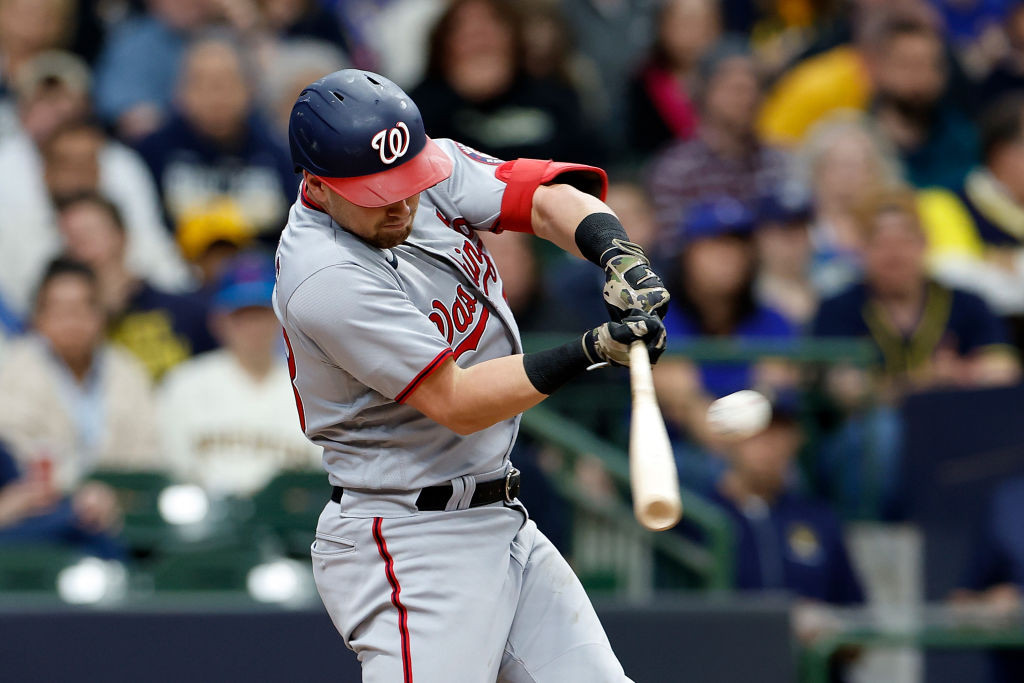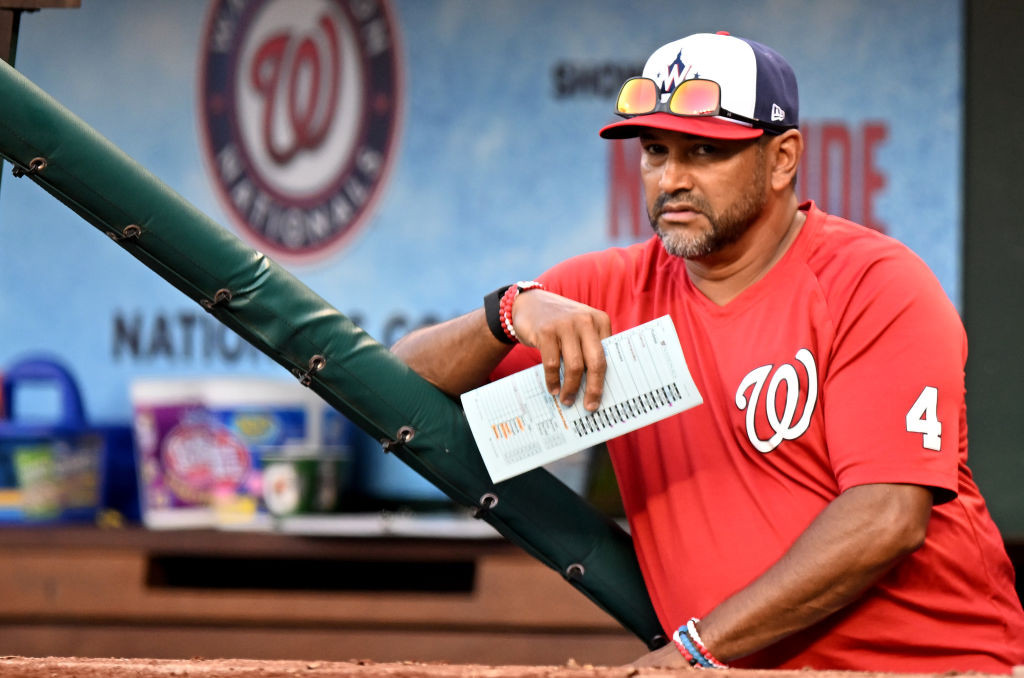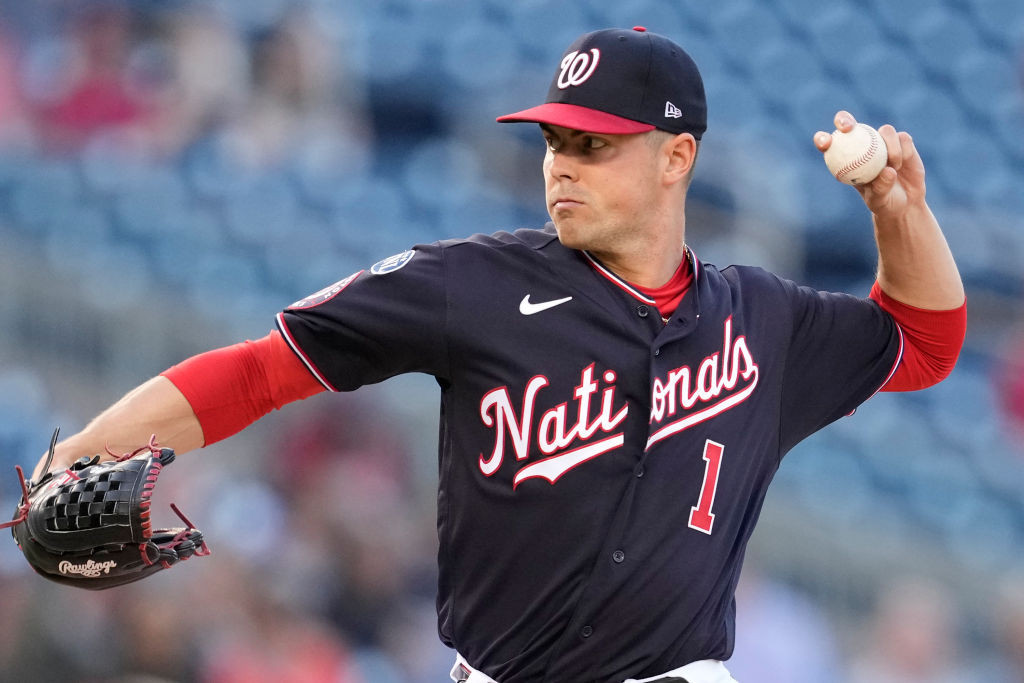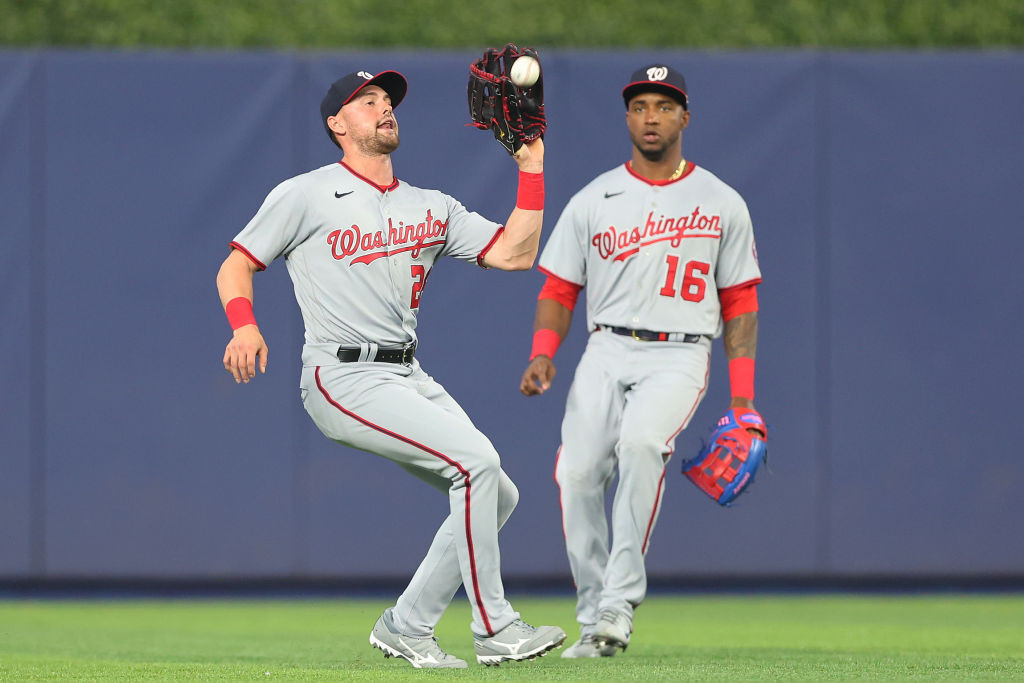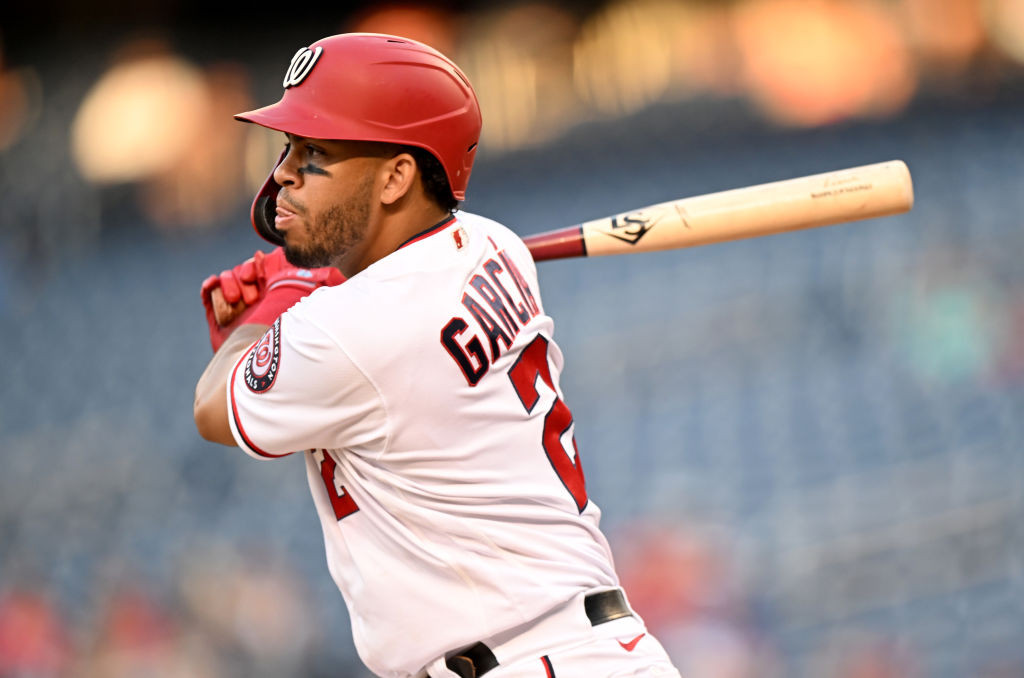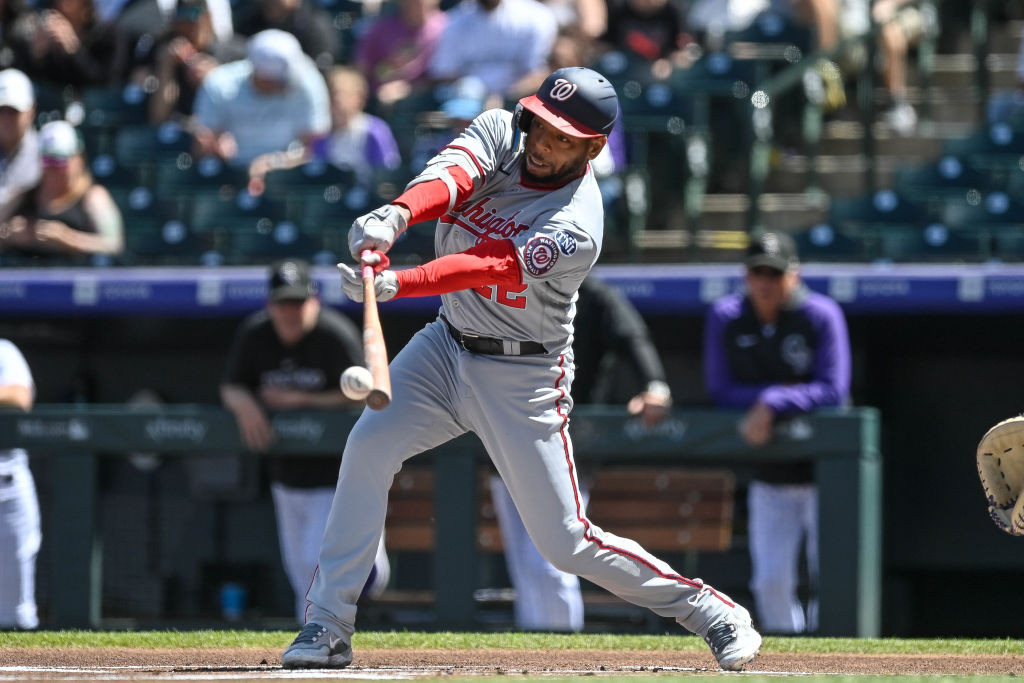Had his lineup produced just one more hit among the countless scoring opportunities that presented themselves this afternoon, Davey Martinez might well have turned over the final innings of the Nationals’ doubleheader opener against the Pirates to his "A" bullpen.
Alas, with his team trailing by a lone run, Martinez opted not to use up his best relief arms, saving them instead for the nightcap. It didn’t take long for that one-run deficit to morph into a three-run deficit and ultimately a 6-3 loss.
A game that was tied at two in the sixth turned Pittsburgh’s way when Miguel Andujar launched a two-run homer off Carl Edwards Jr. The Nats would get one run back in the bottom of the inning, but they now needed rookie Thaddeus Ward and others from the "B" bullpen to keep the game close.
That did not happen. Ward did pitch his way out of a self-made jam in the seventh but then was pulled after issuing a leadoff walk to Andujar in the eighth. In came Anthony Banda, who proceeded to turn the rest of the inning into a mess.
Banda, the lone lefty in the Nationals bullpen since Opening Day, didn’t retire either of the left-handed batters he faced, plunking Tucupita Marcano on the hand, then allowing a bunt single to Ji Hwan Bae (denying third baseman Jeimer Candelario a chance to make what looked like an easier play than he had himself).




